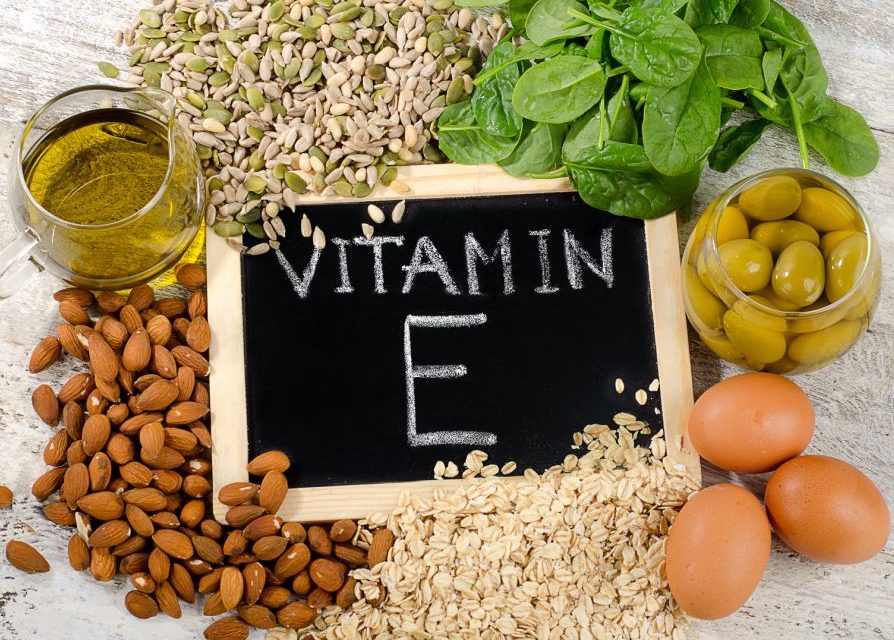There are many ways that vitamin E can protect the heart. It prevents the oxidation of LDL (low density lipoprotein—the so called “bad cholesterol”). It is the oxidation of the LDL that forms plaque on the arteries. Vitamin E will also prevent platelet aggregation. Clots are formed by platelet aggregation; so this is another way vitamin E prevents plaquing on the arteries. Vitamin E also protects the smooth muscle of the arterial wall. Vitamin E also helps the coronary arteries to maintain dilation. In short, vitamin E helps prevent the plaquing and blockage of the coronary arteries.
Decreased serum vitamin E may be a risk factor for heart disease, according to research appearing in the American Journal of Clinical Nutrition (1993;57(suppl):787S-797S). The US Nurses’ Health Study (New England Journal of Medicine [1993;328:1444-1449.]) found that the subjects who took vitamin E over the eight-year course of the study had a 34% less risk of having a cardiac event than those who did not take vitamin E. The protective effect of the vitamin E existed for those who took more than 100 IU for longer than two years. In another study, published in the American Journal of Clinical Nutrition (1995;62(suppl):1365S-1369S) found that reduction in artherosclerosis from vitamin E supplementation was seen after two years of supplementation. Similarly, the Health Professionals’ Follow-up Study found that a high intake of vitamin E, for more than two years, produced a 39% reduction in the risk of heart disease (New England Journal of Medicine [1993;328:1450-1456]).
Vitamin E is inexpensive. It is also safe, even at relatively high doses. Some researchers are cautious about recommending supplementation with vitamin E because it is only one constituent in a very complex antioxidant system and loading that system with a single constituent may upset its balance. Antioxidants in general, protect the heart and other organs. One source of antioxidants is brightly colored produce. The rich colors of fruits and vegetables are from bioflavonoids carotenes that protect the plants’ cells. Consuming them can protect your cells also.





